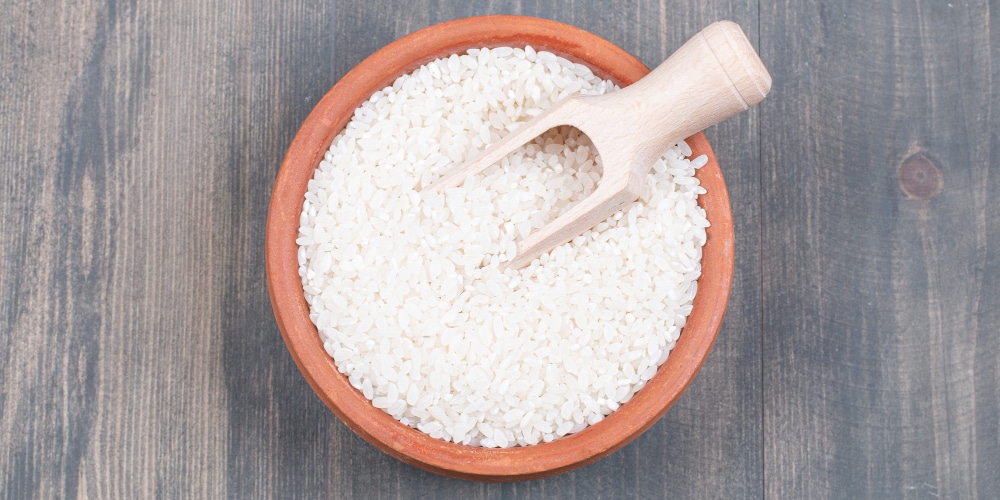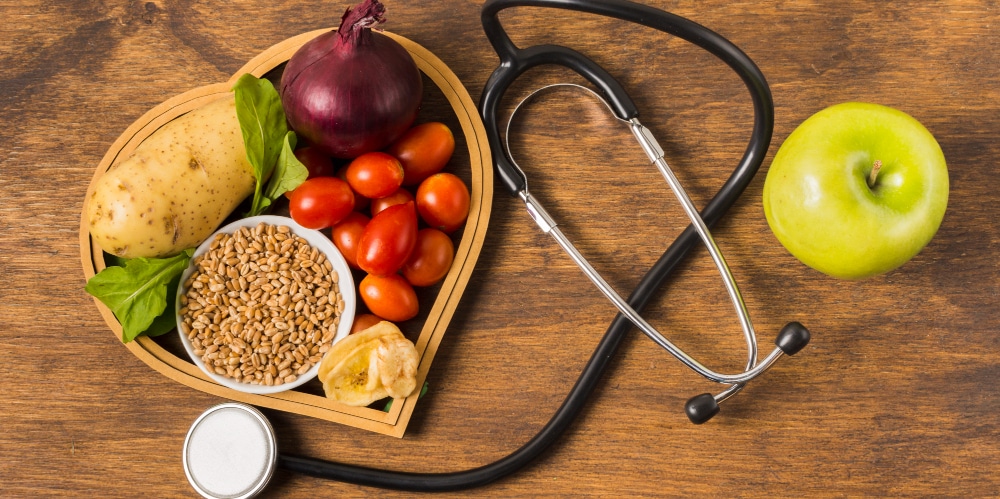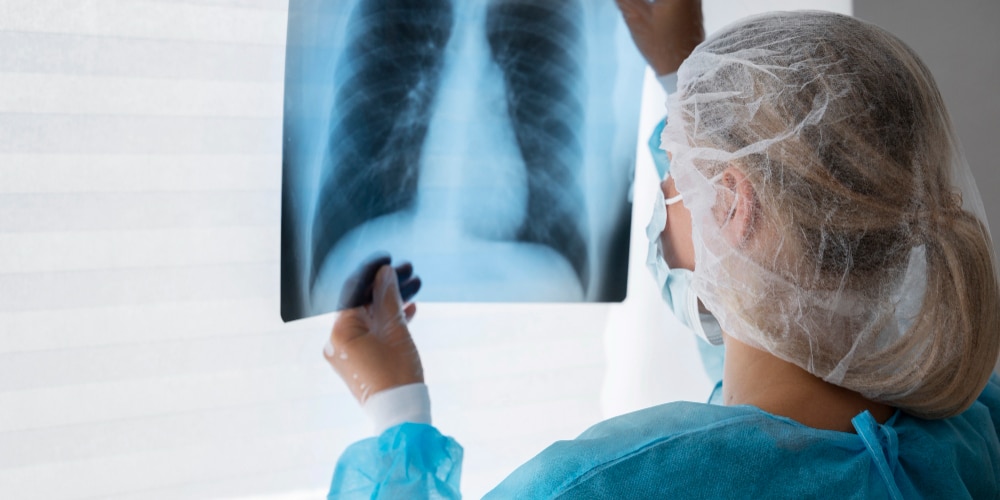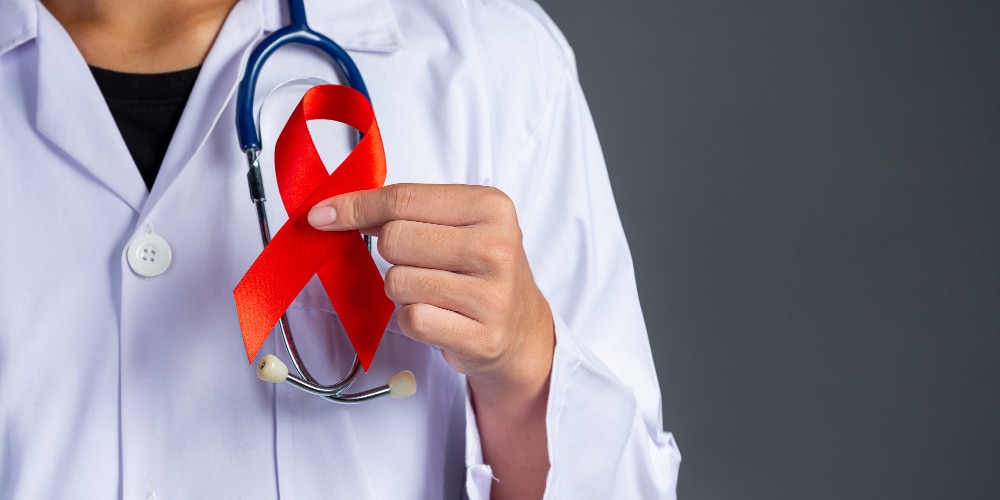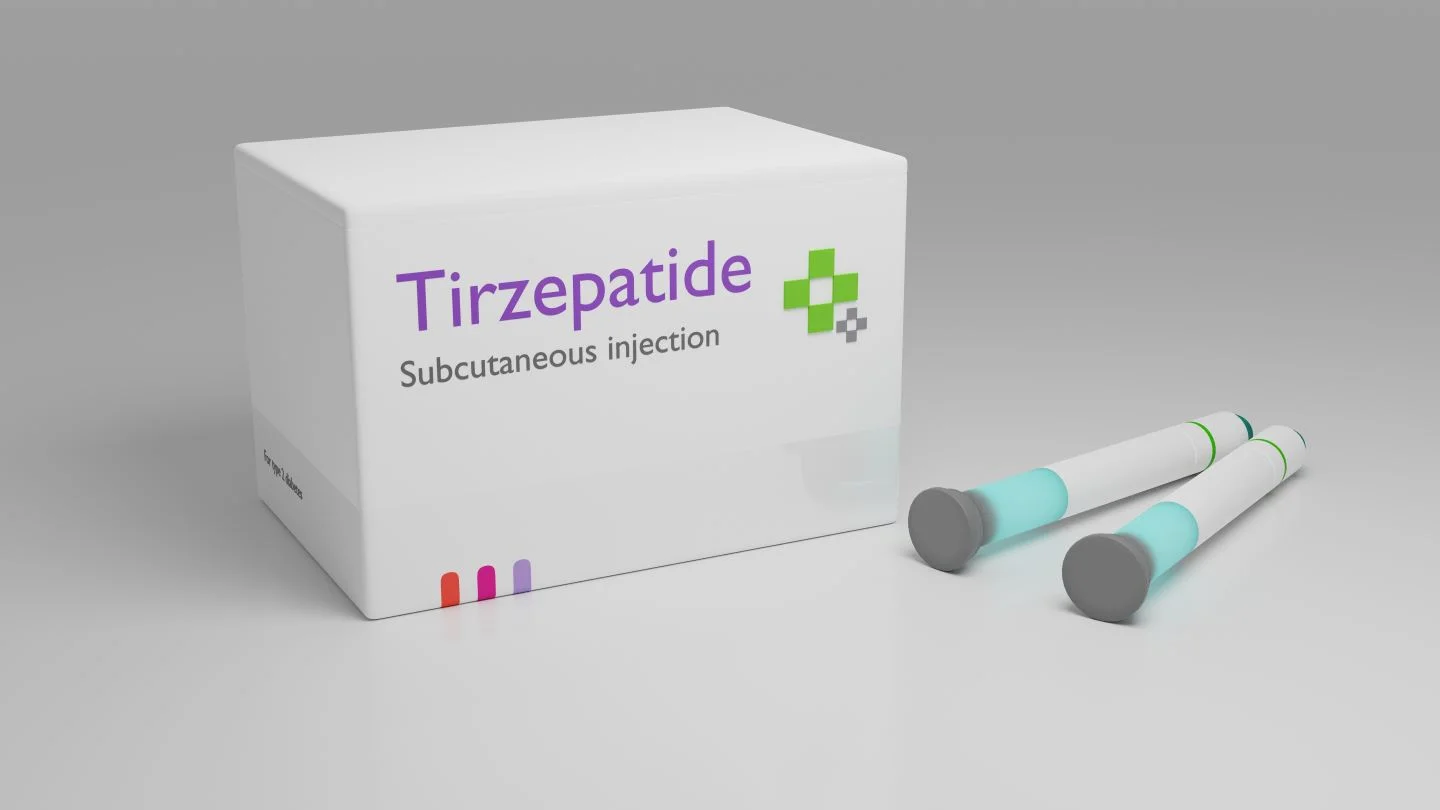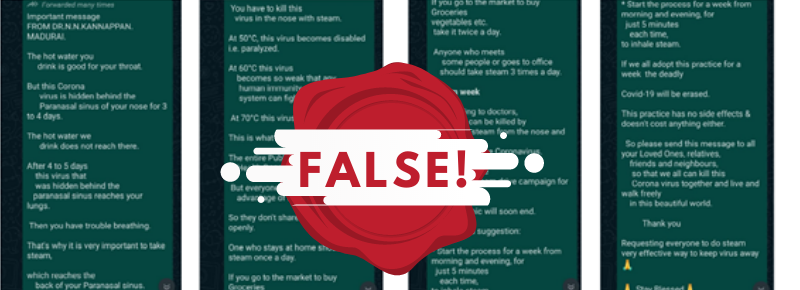Latest
FACT CHECK: Which is safer and healthier- raw milk or pasteurized milk?
The use of natural products, such as food, personal-care items has picked up in recent years- thanks to the increasing awareness about the harmful health effects of processed food. But is it always better?
Author
Author
- admin / 1 year

- 0
- 4 min read
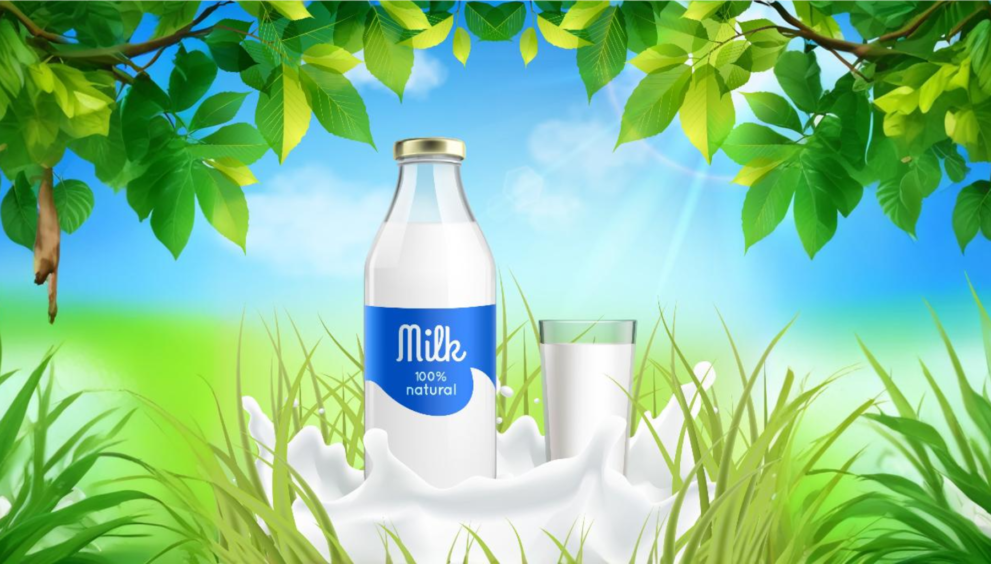
Author
Should you be drinking raw milk over pasteurised milk? A social media user on X (formerly Twitter), claimed that raw or unpasteurised milk is a healthier alternative to pasteurised milk (milk that has been heated to a specific temperature for a pre-determined interval of time).
Did you know this?
Pasteurized milk is dangerous and should be banned. It causes leaky gut and other health issues.
Raw milk is not dangerous if sourced from clean animals in a natural free-range environment.
I choose raw milk every time. pic.twitter.com/hLUUHmjXVO
— Gubba Homestead (@GubbaHomestead) April 20, 2024
“Pasteurized milk is dangerous and should be banned. It causes leaky gut and other health issues. Raw milk is not dangerous if sourced from clean animals in a natural free-range environment. I choose raw milk every time,” reads the post, which over 15,000 views and has been liked close to 500 times.
It also features a video where a woman, presumably the user, claims that the “biggest salmonella outbreak was from pasteurised milk.”
Such assertions have become commonplace as the use of natural products, such as food, personal-care items has picked up in recent years- thanks to the increasing awareness about the harmful health effects of processed food. Natural products are often viewed as symbols of peaceful, rural life, away from city stress. In fact, with more influencers and celebrities touting the purported benefits of raw milk, it has become increasingly popular among different sections of the society.
But what are the facts? Let’s take a closer look at the claims in the post.
CLAIM #1:
Pasteurized milk is dangerous and caused the biggest salmonella outbreak
FACT:
While it is true that one of the biggest outbreaks of salmonella in the US involved pasteurised milk, effective pasteurisation kills Salmonella.
In 1985, US witnessed one of the biggest Salmonella outbreaks, and it was linked to pasteurised milk. However, effective pasteurisation usually ensures elimination of harmful bacteria that can cause illnesses such as listeriosis, typhoid fever, tuberculosis, diphtheria and brucellosis, and the Centre for Disease Control’s statement from the time also said that this was an unusual occurrence.
“Pasteurized milk constitutes approximately 99% of all (cow) milk consumed in the United States, but milk-borne outbreaks of Salmonella investigated by CDC in the past have almost always involved raw milk because effective pasteurization kills Salmonella,” the CDC had said at the time.
Even more recent and updated information suggests that unpasteurized or raw milk is one of the usual causes of Salmonella. According to data from the CDC, between 1998 and 2018, there were 202 foodborne outbreaks that were linked to unpasteurised or raw milk, compared to 9 such outbreaks linked to pasteurised milk during the same time.
CLAIM #2:
Pasteurisation causes leaky gut and other health issues
FACT:
Research has shown no meaningful difference between the nutritional content of pasteurized and raw milk, despite claims to the contrary.
Pasteurization is simply a process by which milk is heated to a specific temperature for a pre-determined interval of time. According to the US Food and Drug Administration (FDA), research has shown no meaningful difference between the nutritional content of pasteurized and raw milk, despite claims to the contrary.
The FDA is also quite clear that raw milk does not have any additional health benefits; in fact, it poses more risks. “There is no scientific evidence to demonstrate that raw milk has any effect on illness or allergies,” according to the FDA.
“Numerous studies have indicated that pasteurization has minimal impact on milk nutritional quality,” according to the US federal agency.
CLAIM #3
Raw milk is not dangerous if sourced from clean animals in a natural free-range environment
FACT:
Raw or unpasteurized milk could be the site of harmful germs such as Salmonella, E. Coli, Listeria, Campylobacter that can make one susceptible to serious health risks like food poisoning.
Raw or unpasteurized milk could be the site of harmful germs such as Salmonella, E. Coli, Listeria, Campylobacter that can make one susceptible to serious health risks like food poisoning.
The FDA has unequivocally said that raw milk is not safe for consumption. “FDA and other health agencies such as the Centers for Disease Control and organizations such as the American Academy of Pediatrics agree that raw milk is unsafe because it can contain disease-causing pathogens,” they said.
These germs could be especially harmful to individuals with compromised immune systems, such as those that are HIV positive, or have cancer or diabetes. Pregnant women are highly vulnerable to listeria, a germ found in raw milk that can lead to miscarriage.
Raw milk causes a greater rate of foodborne outbreaks than pasteurized milk, also according to the FDA, which is also corroborated by the data that was cited earlier too.
Also read: Fact Check: Is fake paneer made by mixing milk powder with oils to mimic real paneer? – First Check
